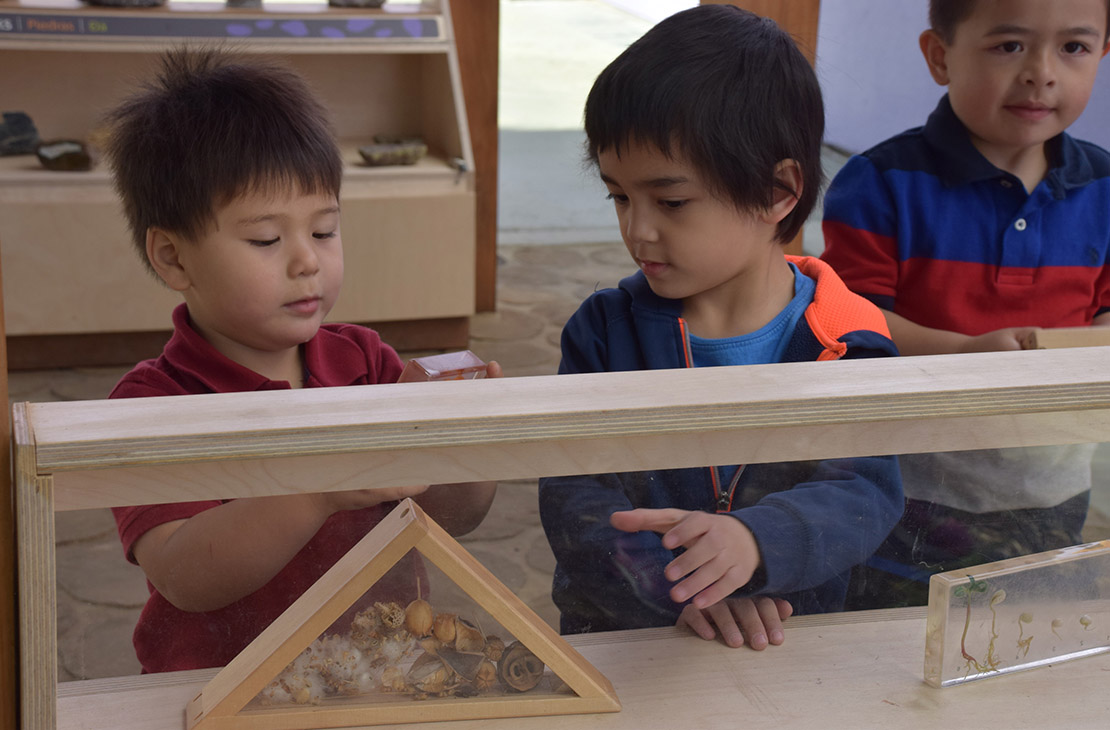How to Help Your Toddler Get Along With Others
by Cecilia Clark and Laura Santos
Sharing is beyond the grasp of most toddlers.
It is a learned skill that children acquire as they develop socially, emotionally and cognitively. Kids pick up sharing through repeated interactions with their peers, but there some important things we as parents and educators can do to help reinforce this essential skill and promote healthy social encounters at an early age.
Celebrate teachable moments and model behavior
Sharing begins at home. Encourage your toddler to take turns first with you, and then with others. Tell them how happy playing with their toy made you. By letting them know how their choice affected you, they’re more likely to take turns next time.
Children are also great observers and learn by example. Remember to model positive sharing behavior with other adults too!
Introduce the concept of how others feel
When children begin to understand their own feelings and those of others, they start to develop empathy — the bedrock for successful social interactions and relationships. Point out when someone is sad, angry, or happy. “Look at Mary, she seems upset. Is there something we can do to help?”
When your child takes turns with another child, incorporate empathy into the way you praise them to reinforce why taking turns matters. “You made Nathan very happy by sharing your blocks with him!”
“We put this into practice daily at Children’s Discovery Museum. Recently, we observed a toddler in the Wonder Cabinet exhibitstacking blocks.
Once the toddler finished, a four-year-old visitor knocked down the blocks. The program specialist approached the younger child and asked how this made him feel? He said he was sad. She asked if he could tell his fellow builder how this made him feel? The boy refused; but staff had planted the seed. When it happened again, the little boy approached our staff for help. Our staff mediated, and told the older boy that when he knocks down the blocks, it makes the little boy feel sad. The older boy apologized.

In addition to helping with language development, labeling emotions helps children develop socially as they begin to understand their feelings and the effects of their behavior.
Never underestimate the power of play
Play is the cornerstone of a child’s life. It’s how they explore the world and start discovering themselves. It’s also how children test behaviors on other people. This experimentation helps shape how children will get along with others.
We often overhear parents in the sand area of the Wonder Cabinet exhibit say things like, “I see that girl is looking for a funnel. You have two funnels, do you think you can give one to her?” Or, “Were you upset when you couldn’t play with the sand toys because they were all being used?”

Helping children think on this level takes time, patience, and practice. That’s why bringing children to places like museums where they can socialize with other children is so beneficial, especially in the younger years. Youngsters learn to negotiate roles, observe behaviors, and learn from seeing older children share and take turns.
“I think it can be difficult at times for parents to remember that other children are learning to share, too, and are likely experiencing all the same emotions their child is,” said Laura Santos, program development supervisor and manager of Wonder Cabinet at Children’s Discovery Museum.
“We all want our children to develop positive social skills. As parents, the key is patience, practice, and setting realistic expectations for ourselves and our toddlers,” added Santos.

